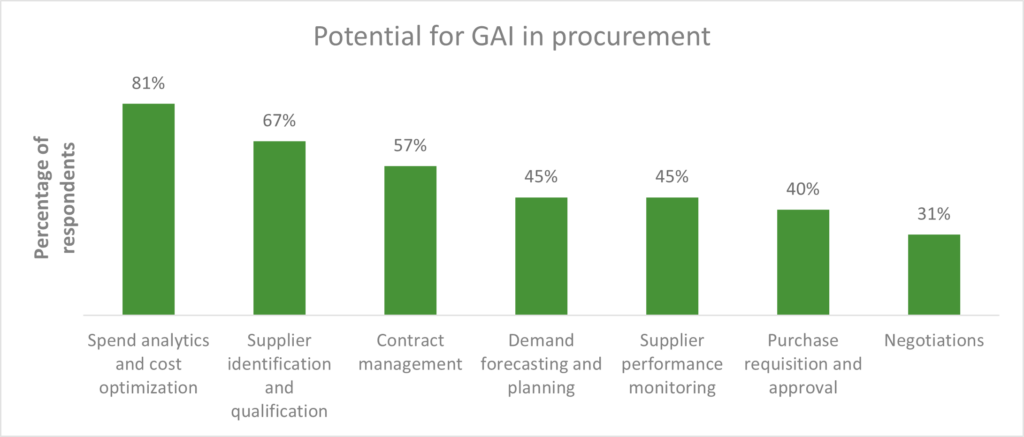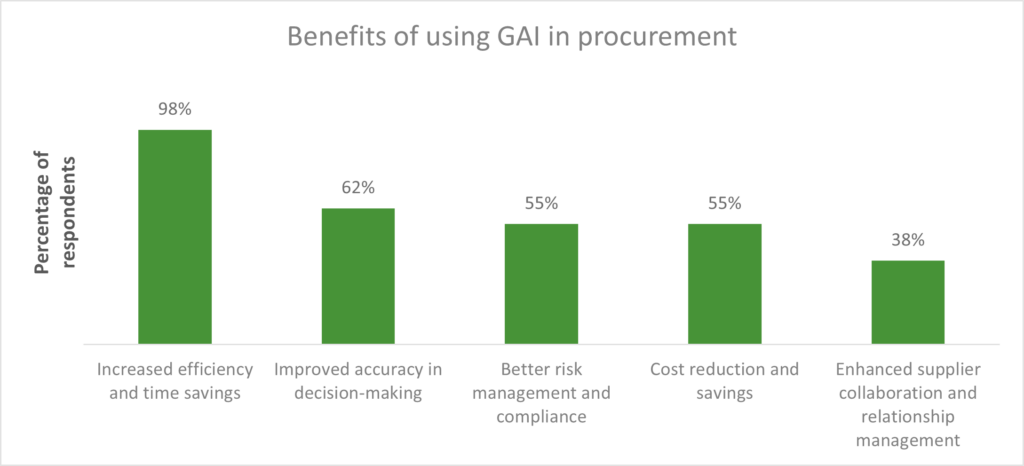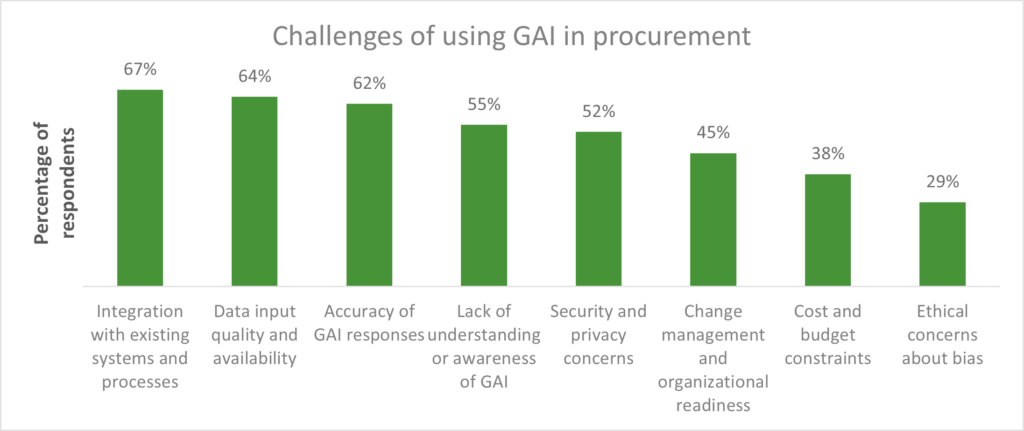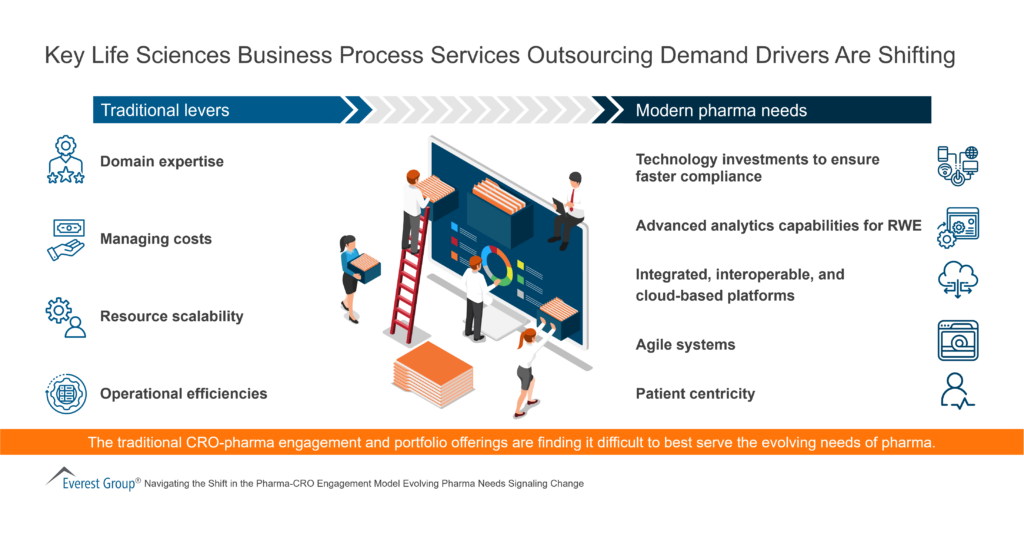June 16, 2023
Supplier diversity has become more than a compliance necessity as companies realize that intentionally including diverse outsourcing partners in their portfolios can improve business outcomes and positively impact society. Read on to learn about six benefits of supplier diversity that sourcing and procurement professionals should take advantage of.
Join our virtual roundtable to hear thought leaders and Everest Group experts explore the best practices that sourcing leaders follow to measure the impact of supplier diversity programs, report on key metrics, and align supplier diversity efforts with business goals, Supplier Diversity and Outsourced Services Spend: Advance Your Sourcing Strategy with Diverse Suppliers.
For many sourcing organizations, Environmental, Social, and Governance (ESG) considerations have become more visible criteria in selecting strategic suppliers. While supplier diversity programs have been in place for years, they have captured the spotlight recently due to rising societal awareness and investor and customer pressure. Businesses are supporting supplier diversity to advance their culture of workforce inclusivity, demonstrate social responsibility, improve brand image, and increase supply chain competitiveness.
US legislation defines supplier diversity as the practice of intentionally sourcing goods and services from businesses that are at least 51% owned and operated by individuals from traditionally underrepresented groups, such as women, people of color, veterans, LGBTQ+ individuals, and people with disabilities. Let’s explore the unique attributes a diverse supplier portfolio offers, which sourcing professionals should consider to ensure greater inclusivity and a stronger supplier base.
Six benefits of supplier diversity
Drives cost savings: By expanding the group of potential suppliers and encouraging competition, an inclusive procurement strategy can increase product quality while reducing costs. Additionally, inclusiveness can strengthen supply chains’ adaptability and resiliency by presenting more sourcing choices, providing a significant benefit in these turbulent times. Also, diverse service providers that are relatively smaller can potentially have lower overhead costs compared to their peers and reduced transportation costs due to their local presence, making them more agile in their offerings.
Enhances innovation: Including diverse suppliers in an outsourcing portfolio can enhance innovation by bringing in new perspectives and ideas. For example, GEP, a minority-owned US-based procurement consultancy firm, received the 100 CPO Forum Awards 2022 from the United Arab Emirates along with GIG Gulf, one of the largest insurance groups in the Middle East. The two teams were recognized for their collaborative efforts in standardizing and transforming source-to-contract processes and operations at GIG Gulf using GEP’s unified procurement tool GEP SMART, when they received this award in Best Technology Partnership – Best Use of Digital Technology category. The 100 CPO Forum Awards honor international businesses for their creative supply chain and procurement accomplishments that improve organizational adaptability, efficiency, and resilience.
Improves corporate social responsibility: Having a diverse supplier base demonstrates a company’s commitment to corporate social responsibility and can enhance its reputation. Many stakeholders are scrutinizing corporations’ diversity, equity, and inclusion results as they prioritize the good enterprises can do for the community. he supply chain, communities, and a company’s brand are strengthened when visibly working toward shared objectives of supplier diversity and CSR.
Meets customer expectations and generates market credibility: Customers are increasingly expecting companies to prioritize diversity and inclusion in their supply chain. Large companies such as Johnson & Johnson not only share how much money they spend annually in each diversity category, but they have also made supplier diversity a key component of their overall corporate mission. Among other initiatives, Toyota has a dedicated Facebook page for supplier diversity and distributes a quarterly newsletter about supplier diversity. These leaders have introduced a diverse range of suppliers as part of their businesses.
Generates employment opportunities for disadvantaged communities: The National Minority Supplier Diversity Council reports that certified minority business enterprises (MBEs) generate $400 billion in economic output, which has led to creating and preserving 2.2 million jobs and $49 billion in annual revenue for local, state, and federal tax authorities. And those numbers are steadily increasing.
Aligns with government policies: Including diverse suppliers can help companies meet government goals and requirements. According to a report by the Small Business Administration (SBA), companies that support supplier diversity are more likely to win government contracts, as federal, state, and local governments have established programs and goals to support minority-owned and women-owned businesses.
Why supplier diversity matters
Supplier diversity goes beyond meeting compliance requirements; it is a strategic imperative that offers tangible benefits. By intentionally including diverse suppliers in their outsourcing portfolio, companies can achieve multiple benefits. These include driving cost savings through increased competition and adaptability, enhancing innovation through new perspectives and ideas, and improving corporate social responsibility and reputation. Companies can also better meet customer expectations and generate market credibility, create employment opportunities for disadvantaged communities, and demonstrate their alignment with government policies.
Not only does supplier diversity reflect a company’s commitment to inclusivity, the practice also is a pathway to improved business outcomes and positive societal impact. As enterprises continue to prioritize ESG considerations, sourcing and procurement professionals should embrace diverse suppliers in outsourcing strategies.
To discuss supplier diversity further, contact Amy Fong, [email protected], Partner for Sourcing and Vendor Management.
Don’t miss the virtual roundtable as we uncover the key aspects of supplier diversity, Supplier Diversity and Outsourced Services Spend: Advance Your Sourcing Strategy with Diverse Suppliers.




